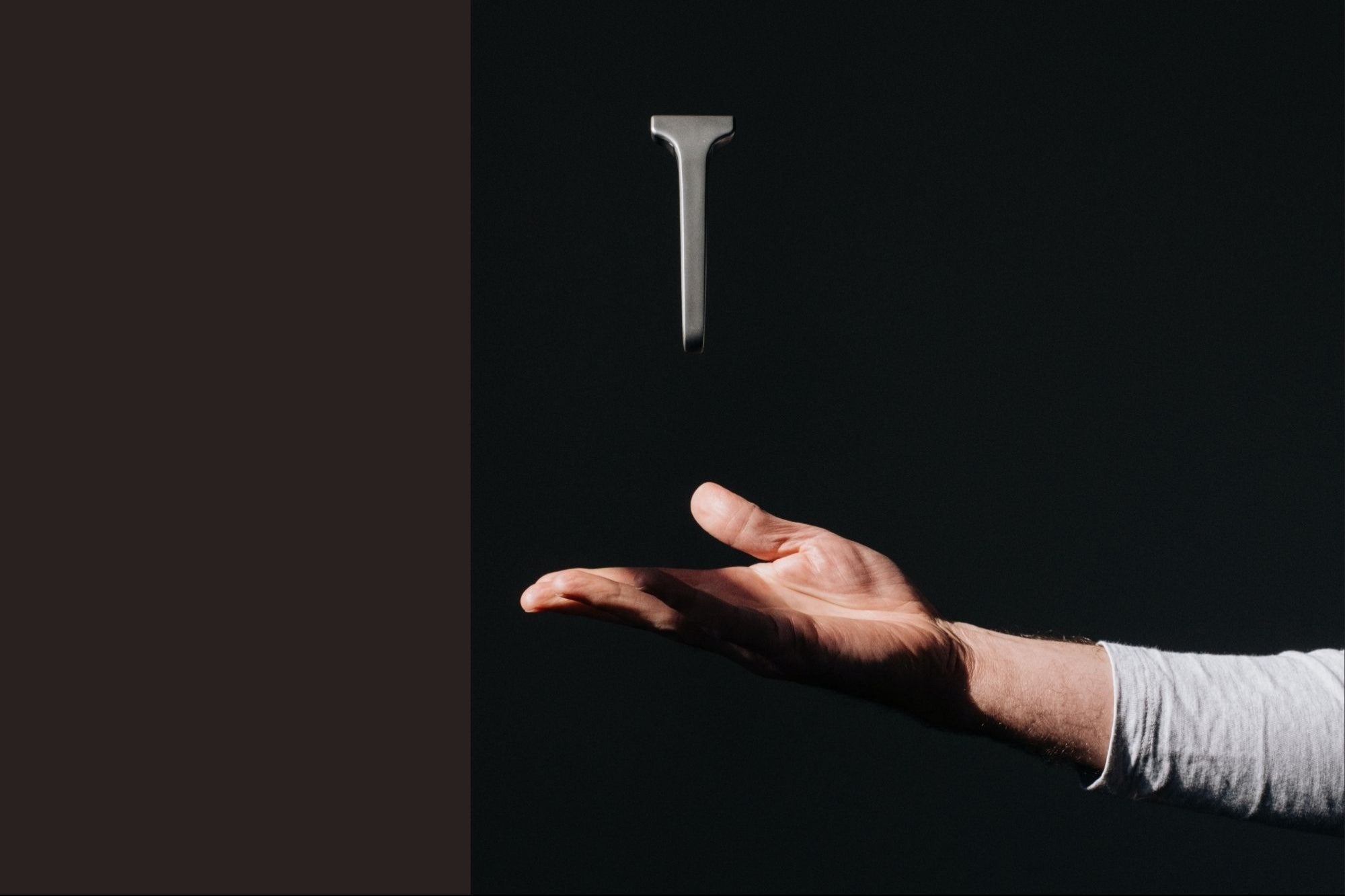A Look At The Changing Men's Grooming Industry On International Men's Day The grooming and beauty market for men has moved beyond shaving products and deodorants and has reached smaller cities and towns
By S Shanthi
Opinions expressed by Entrepreneur contributors are their own.
You're reading Entrepreneur India, an international franchise of Entrepreneur Media.

Male grooming is no longer a niche or new concept in India. It is a norm. But, like all industries, COVID-19 posed a huge challenge for this industry too, especially for the traditional players, who struggled to ensure business continuity. However, the pandemic turned into a blessing in disguise for online-first men's grooming players such as Bombay Shaving Company, The Man Company and others, as consumers turned to e-commerce and D2C platforms to fulfill their needs.
"So many people have shopped online for the first time and we will see most of these people getting used to shopping online for good. This was the only silver lining if we can even call that. With salons shut, and zoom calls on at all times, sales of men's grooming products took off as men needed products which could help them look good at home," said Suraj Chaudhari, co-founder and CEO of Zlade.
COVID-induced digital adoption and social media content creation have enabled men to come out of the shadow of grooming being only for women, believes Prabhkiran Singh, founder CEO, Bewakoof. In July this year, D2C apparel brand Bewakoof launched its beauty brand, Cosmos. "According to market reports, this segment in India is to touch $1.2 billion by 2024," he said.
But it is only the beginning, believe experts. "Men's grooming is still a 5-6-year-old market in India if you consider it the market which was created by the new-age online first brands," said Chaudhari.
Changing Preferences
The market has moved beyond just shaving products and deodorants. New-age brands offer products ranging from personalized hair care, beard care, skin, body, and even foot care. Today, men are becoming more aware of their grooming needs and are particular about the choices they make.
"To cater to this, we are experimenting with newer ingredients – like Vitamin C, Charcoal, Coffee in our assortments. For instance, we recently launched a DIY back shaver for men," said Shantanu Deshpande, founder and CEO, Bombay Shaving Company.
The Man Company also saw the trend of more DIY ways of grooming and looking good, wherein one can read the instructions on the manual and do it on his own. It thus launched DIY Face and foot kits."With men stuck at home, it's not surprising that they would be spending money on personal care, wellness for themselves and fitness. Grooming is a large part of that. These are simple joys and we are holding on to that because it makes us feel better about ourselves," said Bhisham Bhateja, co-founder and CEO, The Man Company.
The demand from tier 1 and 2 cities has also gone up in the recent past. Deshpande also feels that after the pandemic, men and people at large have become more fluent with buying online, even for things that they would have traditionally bought offline. "More specifically men have become experimental, seeking product and brand information beyond peers and WOM. – they are using social media, video and Youtube as knowledge channels to make informed decisions. Health and wellness is also becoming an important consideration, especially with environmental factors turning for the worse – goodness of ingredients is becoming important to highlight in our products and marketing," said Deshpande.
The personal care routine of most men has also become entirely personalized, thus the traditional marketing gigs and product manufacturing guidelines don't work on modern-age clientele.
"For instance, consumers today are exceptionally picky about the ingredients used in grooming or beauty products and in our case, we have kept that in mind and use 100% natural essential oils in our products. Similarly, marketing isn't limited to newspaper advertisements today, brands have to think of innovative storytelling methods to make a home in the consumer's heart. It is not only about selling the product but about selling the story and context behind it," added Bhateja. Additionally, there is an increased awareness about the need for climate sustainability among consumers. Many brands are thus introducing products that are sustainable in terms of ingredients and packaging.
Roadblocks And Scope
While the space is growing rapidly, there are some hurdles too. "Men do not discuss their grooming habits and choices as openly as women. They don't talk about it with friends, they don't share as much online as well," said Deshpande. The brand thus tries to build micro-communities where men find their own space, learn more about grooming.
Further, the Indian men's beauty market is still nascent, and the bulk of the volume is driven by the shaving and deodorant category. Though Indian men's grooming habits are evolving, beauty is still a lagging category for Men's grooming market.
"We as a brand are trying to address this issue by creating bundles of products of different categories. For example, for a person who frequently shaves, we will offer this consumer a bundle of shaving products and a product like a face wash or a face scrub. We believe that like beards, Men's intimate hygiene could be the next key driver for the men's grooming market," said Chaudhari.
He also added that next-gen startups and D2C brands are at the forefront of the digital revolution of the personal care and grooming industry, setting new benchmarks in terms of both quality and innovation.
The adoption of cutting-edge technologies like artificial intelligence (AI), machine learning (ML), and augmented reality (AR)/ virtual reality (VR), intelligent marketing content, focus on sustainability and toxin-free products is expected to drive more demand for these new-age brands, particularly from tier 2 and 3 cities.












